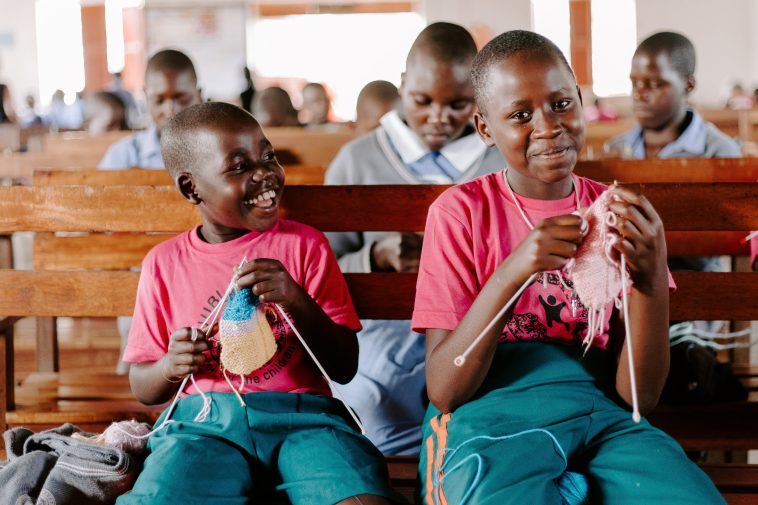It is 61 years of Uganda. Ideally, a 61-year-old would be entering the evening of her life, either with regret for what would have been or with pride for the life lived, so far. Has Uganda lived up to her expectations? What are those expectations?
My observation is that while we have done well to keep intact this thing called Uganda—a highly diverse artificial creation which came about mostly against the will of our ancestors, a lot of work still needs to be done. At 61 years, a nation-state is still in its infancy. But the future scares me, yet I am hopeful.
No, it is not the [looming] coups and political transitions. It is the people. Ugandans. It is where we are in terms of what it means to be Ugandan. For example, are you first a Muganda, Musoga, Itesot, Alur, etc., and then Ugandan or is it the other way around? Where do your primary allegiances lie? Personally, I would say that I am first a Mukiga before I am a Ugandan. Without indigenous nations, there is nothing for the coloniser to steal; no people to subjugate.
Our moral crisis is linked to the confusion around the politics of nationalism. Most people like to talk about patriotism, but they know it’s a scam because, in their minds, they are not primarily Ugandans. They can swindle what belongs to Uganda and not feel the guilt they would if, say, they stole from Buganda and the Kabaka.
I do not want to go into that debate, but I bring it up because I think our moral crisis as a country is directly linked to our confusion about what we are as a people. The past 37 years have produced a small cabal which is intentioned to run this country. It is a group of crooks who want to own everything. They inflate national expenditure and sustain a large group of ‘cadres’ through a sophisticated system of legalised corruption. This has created a political class which sits on the floor to gather up the crumbs that fall from the table on which this cabal sits. These will stop at nothing to get close to these crumbs whether be it publicly kneeling in the dust to ‘beg’ a dictator to stay in power or table an amendment bill to remove controls on age so that a despot can die in power.
In political studies, this relation relationship is called ‘patronage.’ Someone who begs a dictator to stay in power is rewarded with a fat job, a promotion, a scholarship to study abroad etc. A while ago, people stole iron sheets meant for vulnerable communities in Karamoja but no one touched them. They are still in office. Thieves are still in office. The unfortunate reality about our moral crisis is that there is no moral accountability. A culture that rewards thieves and punishes those who have values and live by them is bound to produce crooks because it gives the impression that impunity is the only way to break free from poverty, gain power, and live like the old chief Kakande.
Even as I think about politics, it is hard to imagine a situation where an opposition group comes in and does better. I fear that a culture devoid of values and conviction has infiltrated us so that we are like a fish which does not know it’s wet. Just look at the worship of characters in our opposition parties. Bobi Wine, Besigye, etc. Three years ago, experienced politicians left established political parties and joined a 37-year-old popstar-cum-politician not because they held to his ideals and values. They did so because it improved their odds of winning an election. Moral deprivation builds a society around dishonest transactional relationships in place of honest personal and collective values and convictions.
The next 61 years of Uganda will require us to clarify what it means to be Ugandan. Similarly, we will need to build a generation around strong values and convictions: people who will draw a line and refuse to cross it no matter what. But how do we do that?
Here are some suggestions.
1. The religious establishment. Preachers, teachers, and prophets will have to reclaim their God-given mandate to be the drivers of moral formation. Pastor/religious leader, there is no reason your congregants should create a third lane in traffic or throw plastic bottles out of car windows like 3-year-olds.
2. The academy. Historically, the school was critical to helping learners reflect on the meaning of life and why they are here. We lost that we decided to focus on what Cornel West calls “credentialism.” People now go to school to get ‘papers’ instead of being challenged to be better and live for a cause greater than them.
3. The family unit. What the pandemic showed us is that while our children are being raised in (mostly) two-parent households, it is either the teachers or the housemaids doing the parenting. The remaining burden of this parenting responsibility is left to technology: iPads, smartphones, and Hollywood cartoons. Parents are not present. At some point, parents will have to pick what should take precedence: between [actually] being parents or chasing some other goal.
Happy Independence Day, Uganda.
(Image: Megan Escobosa/Unsplash)
This post was created with our nice and easy submission form. Create your post!



